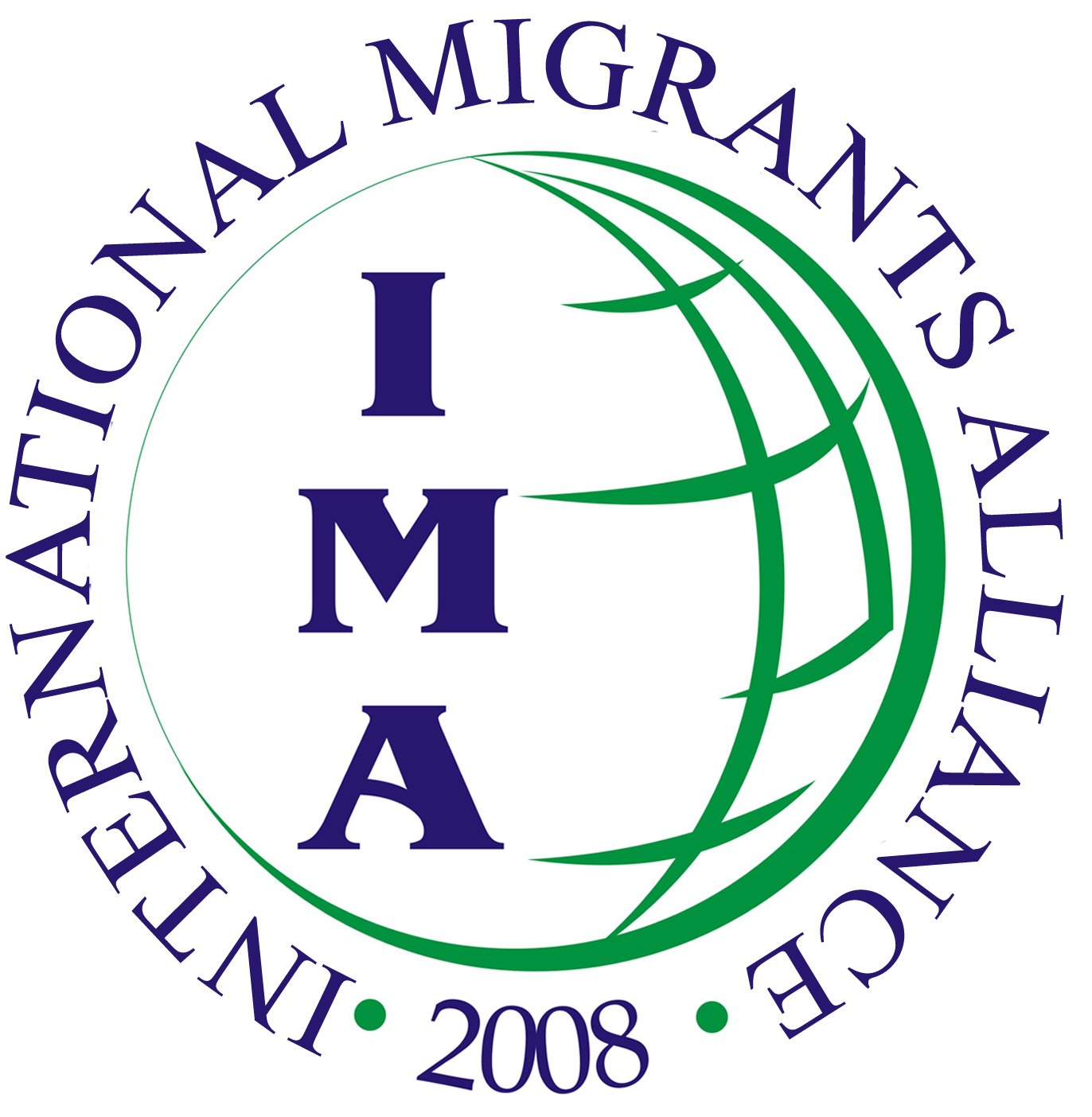[STATEMENT] The Ongoing Cheap Labor and Modern-day Slavery through Labor Export/Import Program
IMA Asia Pacific Statement on The Ongoing Cheap Labor and Modern-day Slavery through Labor Export/Import Program
6 January 2025
In August 2024, 100 women from the Philippines arrived in South Korea. They participated in a caregiver program held for the first time by the South Korean and Philippine governments, aimed at providing "assistance" to mothers or expectant mothers. The Korean government believes that this program will be able to address the problem of the sharply declining birth rate in their country. With a promised salary of up to USD 1,750 per month and a working time of 30 hours a week, these young women left their families in the Philippines. However, these women had to face disappointment when the promised salary turned out to be mere empty words.
So far, 24 households canceled their contracts to hire caregivers and the Korean government is worried that this pilot program will fail. Seoul Mayor, Oh Se-hoon, stated that for the program to succeed, the salaries of these caregivers should be lowered or set below the minimum wage of Korean workers. From this statement by the Seoul Mayor, we can understand that one of the actual objectives of this program is not the welfare of the caregivers, but rather how the country can obtain cheap labor.
Amid the issues such as belated payment of training allowances and allowances given were not full, payment for lodging during training in Korea, 10 PM curfew, long commutes, the advertisements that point out the English skills of the caregivers instead of the caregiving skills, and 2 caregivers ran and left the program; the government of the Philippines and South Korea keep pushing this program without reviewing it carefully and taking measurement for the benefits of the caregivers.
Under the pretext of increasing the birth rate, the South Korean government mandated that households pay caregivers more than 2 million Korean won. However, after receiving numerous complaints, the government did not seek appropriate solutions prioritizing the welfare of their citizens and migrant workers but instead planned to reduce the promised salaries to below the minimum wage. However, paying low wages is not a solution to address the declining birth rate in Korea. Instead, it indicates a case of modern slavery, where migrant workers are exploited for their labor and paid low wages.
IMA expresses our solidarity with the 100 brave women and supports their right to not only receive living wages, but also the protection they need, both before and after their departure. IMA demands that the governments of South Korea and the Philippines focus on protecting the rights of (prospective) caregivers and ensuring their welfare, when they are still in the Philippines, during their training in South Korea, and when they eventually work in their employers' houses. The governments of both countries must always prioritize the welfare of migrant workers over the interests of a few groups when making decisions.
Migrant workers are not tools that can be used to generate profit (remittances) and are discarded whenever they do not "obey" or when there are complaints. They are human beings with opinions and aspirations that must be heard by the government and hold equal status with local workers. This means they should also receive the same rights as other workers wherever they are; such as living wages, decent accommodation and working conditions, access to healthcare, and protection from any forms of violence/ racism/ xenophobia.
IMA expresses concern that if labor export schemes like this continue, the practice of modern slavery will never end and grow even bigger. Modern slavery that is filled with exploitation will always loom over migrant workers wherever they are sent if the governments of both the sending and receiving countries do not prioritize the welfare and enforce the rights of migrant workers.



